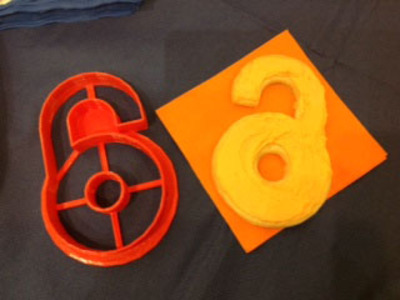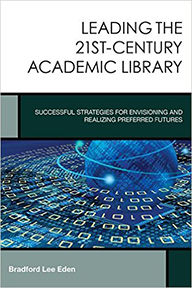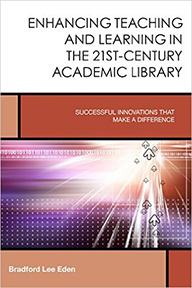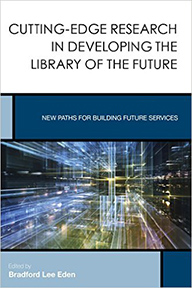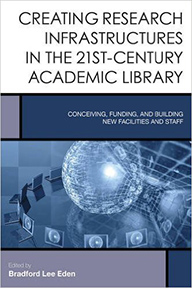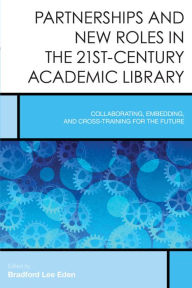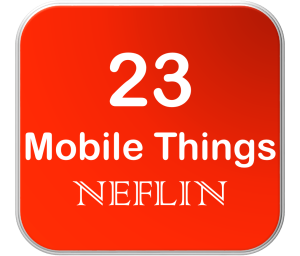
International Open Access Week starts today and runs from October 19 – 25, 2015. For all of the details, visit www.openaccessweek.org.
Ways to Participate
Many organizations which embrace and promote open access are sponsoring events to encourage participation in open access resources. Here are just a few of them.
 Follow on Social Media
Follow on Social Media
Follow and use the Twitter hashtag #OAWeek.
Open Access Week Wikipedia Edit-a-thon
 SPARC is partnering with Wikipedia to organize an Open Access Week Edit-a-thon with the purpose to improve open access-related content on Wikipedia. “Specifically, we hope to improve already existing Open Access-related pages, to create new content where it needs to be added, and to translate Open Access-related pages into languages where they don’t yet exist.” Sign up to participate at The Wikimedia Library.
SPARC is partnering with Wikipedia to organize an Open Access Week Edit-a-thon with the purpose to improve open access-related content on Wikipedia. “Specifically, we hope to improve already existing Open Access-related pages, to create new content where it needs to be added, and to translate Open Access-related pages into languages where they don’t yet exist.” Sign up to participate at The Wikimedia Library.
Learn about Paperity
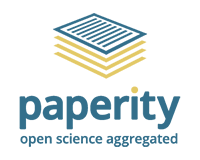 Paperity is a “multidisciplinary aggregator of Open Access Journals and Papers” containing more than 2,200 journals and 400,000 articles. It contains full-text articles from peer-reviewed scholarly sources. Visit Paperity at paperity.org.
Paperity is a “multidisciplinary aggregator of Open Access Journals and Papers” containing more than 2,200 journals and 400,000 articles. It contains full-text articles from peer-reviewed scholarly sources. Visit Paperity at paperity.org.
Subscribe to the C&RL RSS Feeds
College & Research Libraries is now an open access journal. There is still a subscription fee for the print issues, but you can access the online versions for free. Access the C&RL RSS Feeds page at crl.acrl.org/rss.
Get an ORCID iD
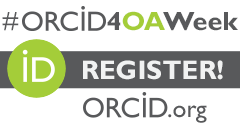 Do you have an ORCID iD? ORCID stands for Open Researcher and Contributor ID and is a unique 16-digit number which distinguishes you from other researchers in online resources. Register for an ORCID iD at orcid.org/register.
Do you have an ORCID iD? ORCID stands for Open Researcher and Contributor ID and is a unique 16-digit number which distinguishes you from other researchers in online resources. Register for an ORCID iD at orcid.org/register.
Bake Some Cookies
Think open access only applies to online resources? You can bake your very own cookies in the shape of the open access logo with a cookie cutter printed from your 3D printer using some open access cookie cutter printer files. The scalable files are in .stl and .dae format and were created by Chip Wolfe from Hunt Library at Embry-Riddle Aeronautical University. Download the open access cookie cutter files.
